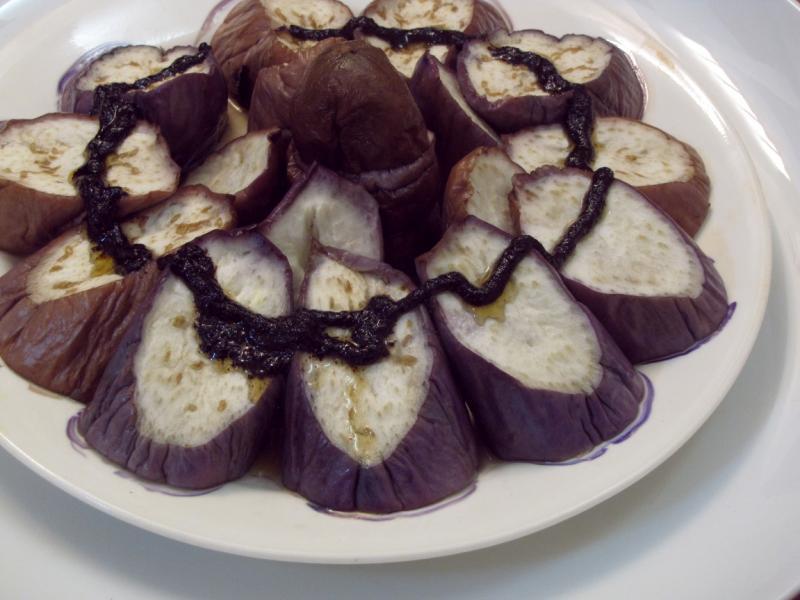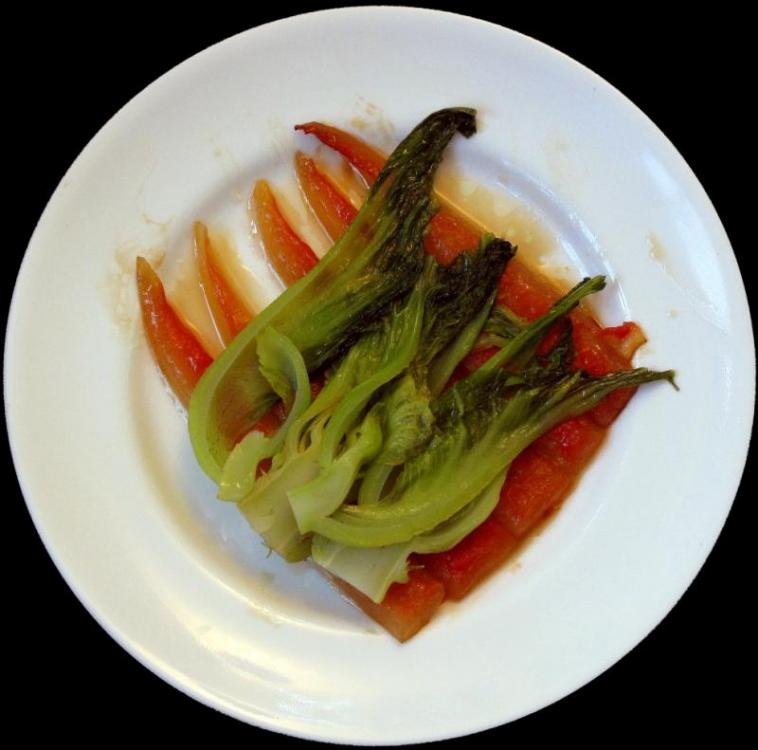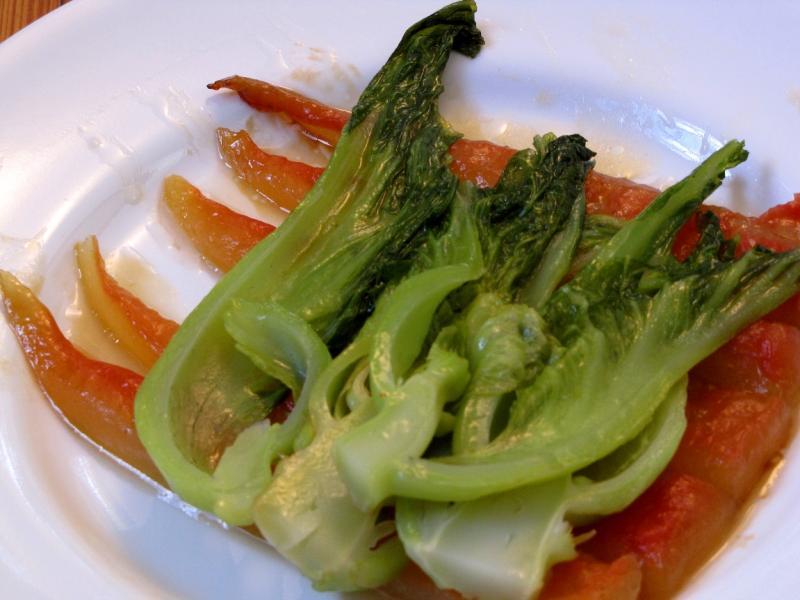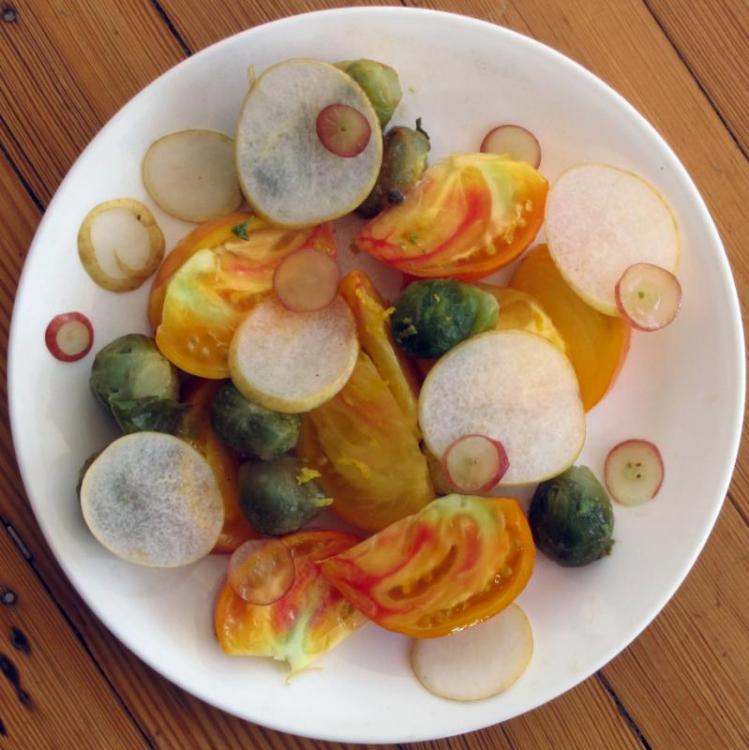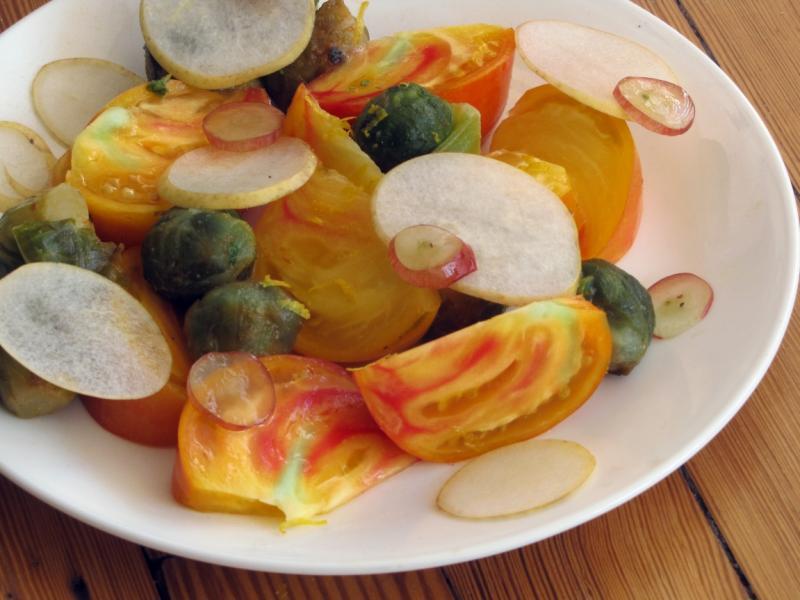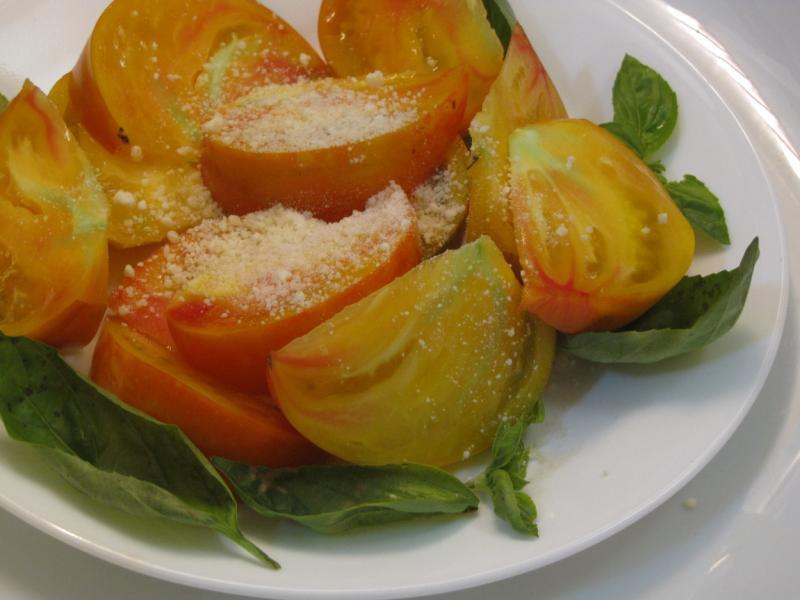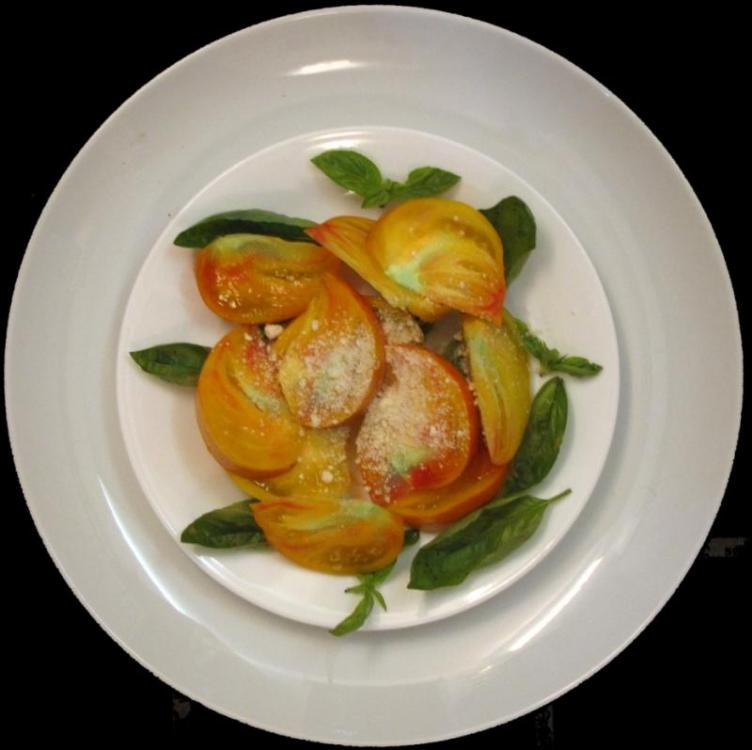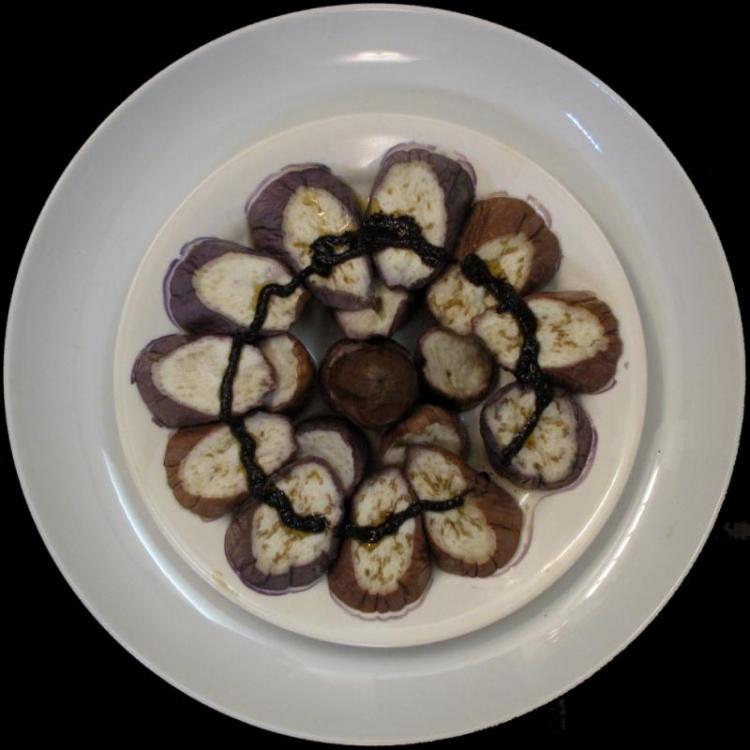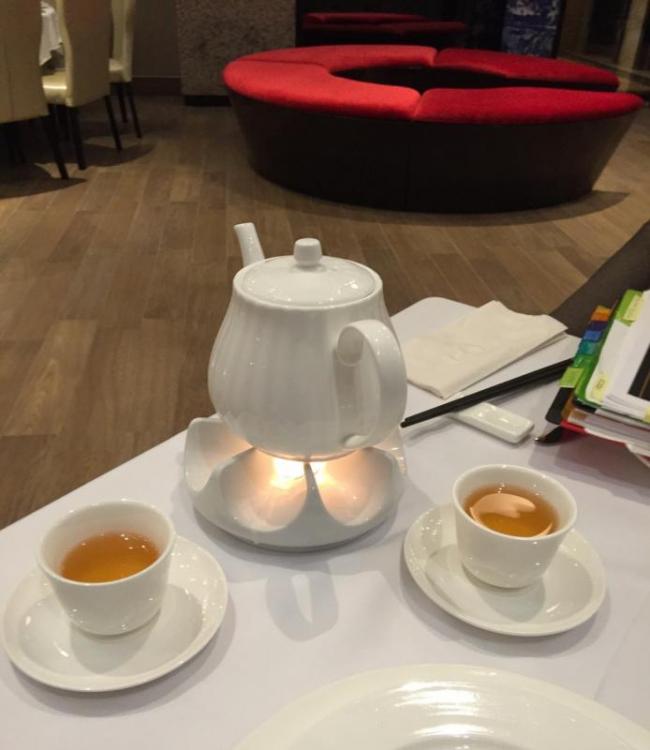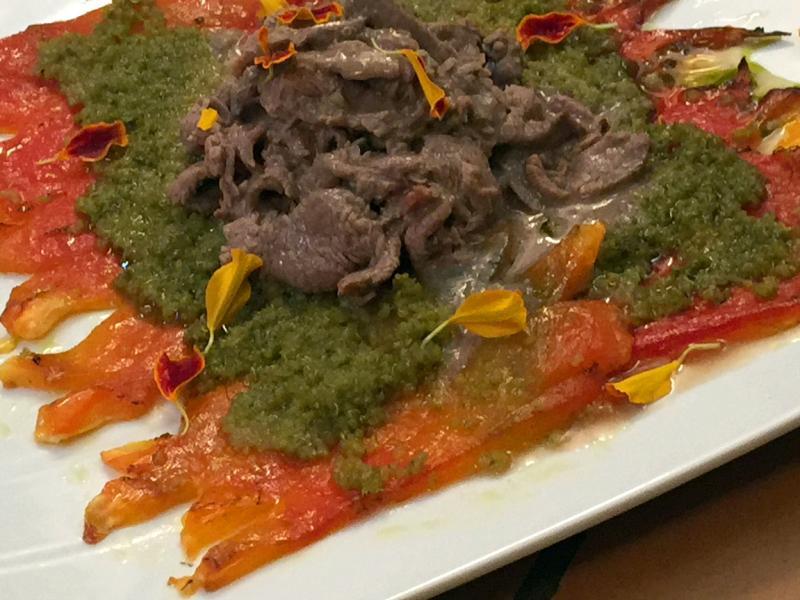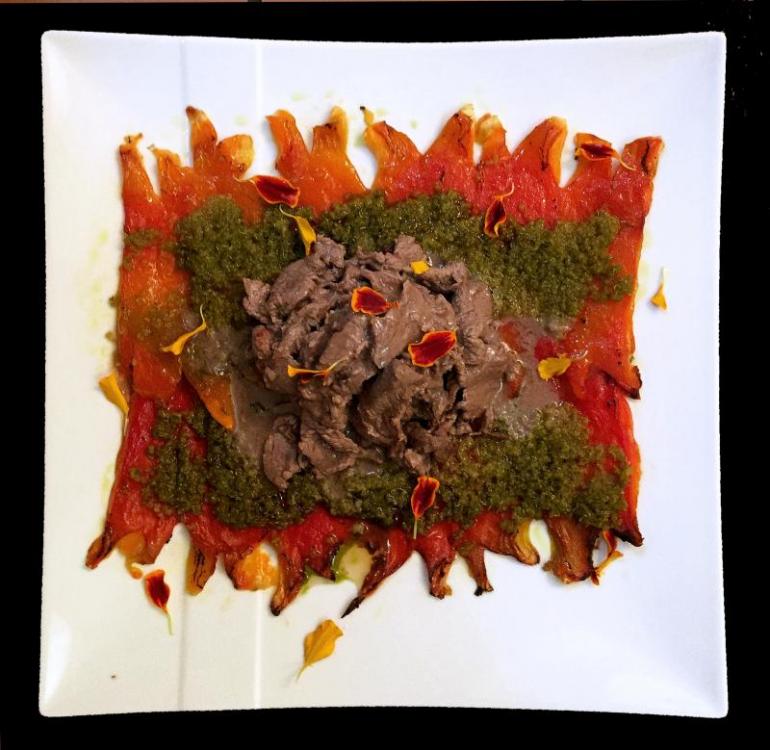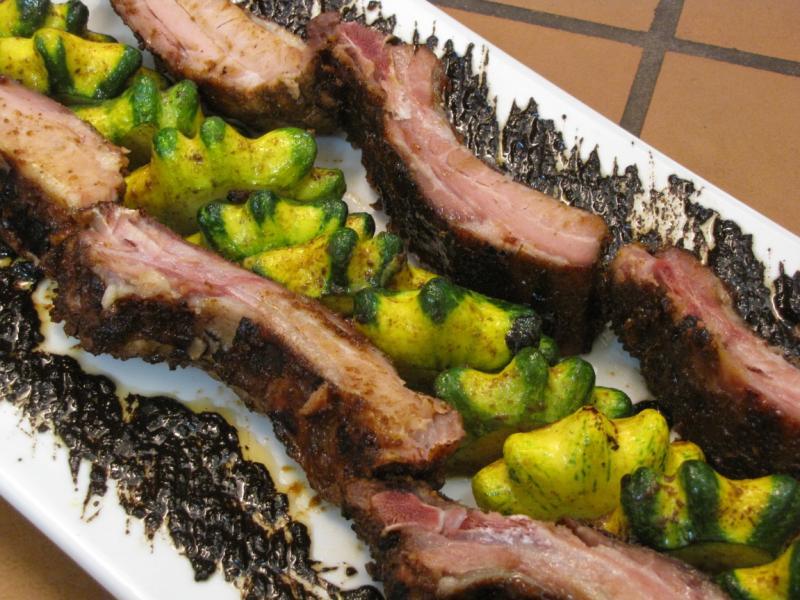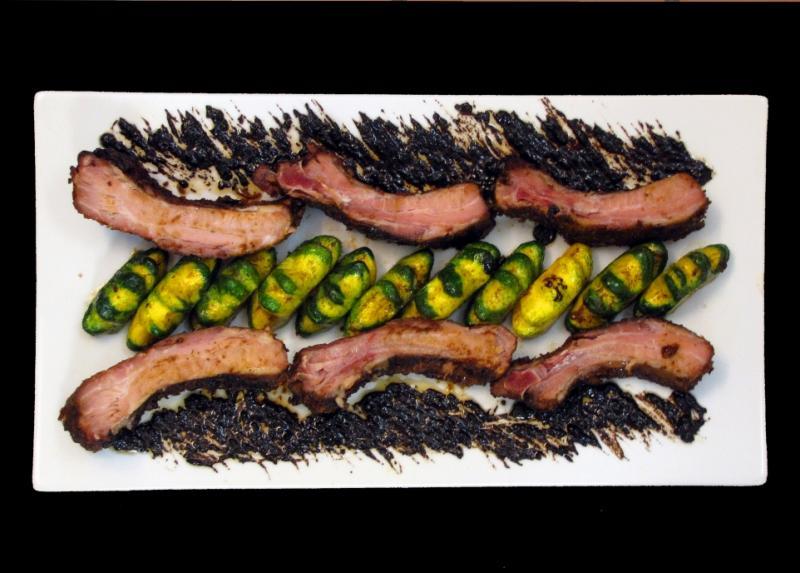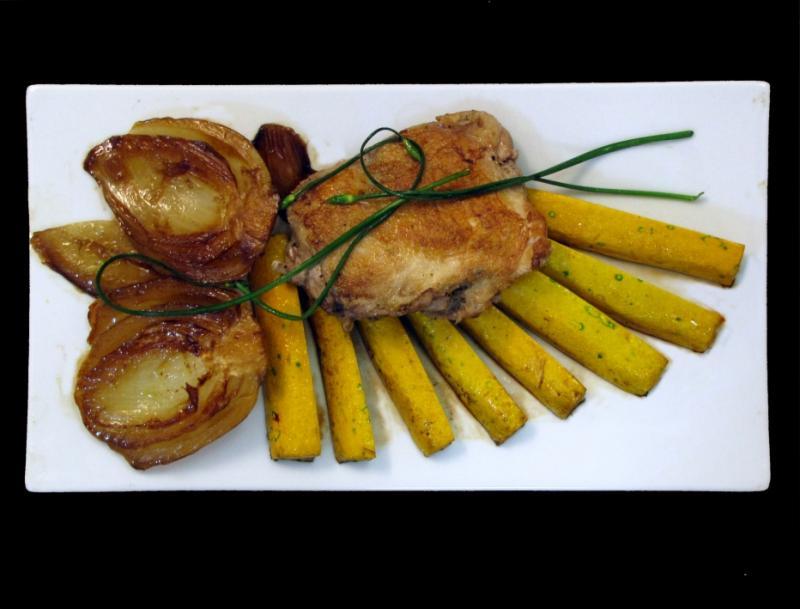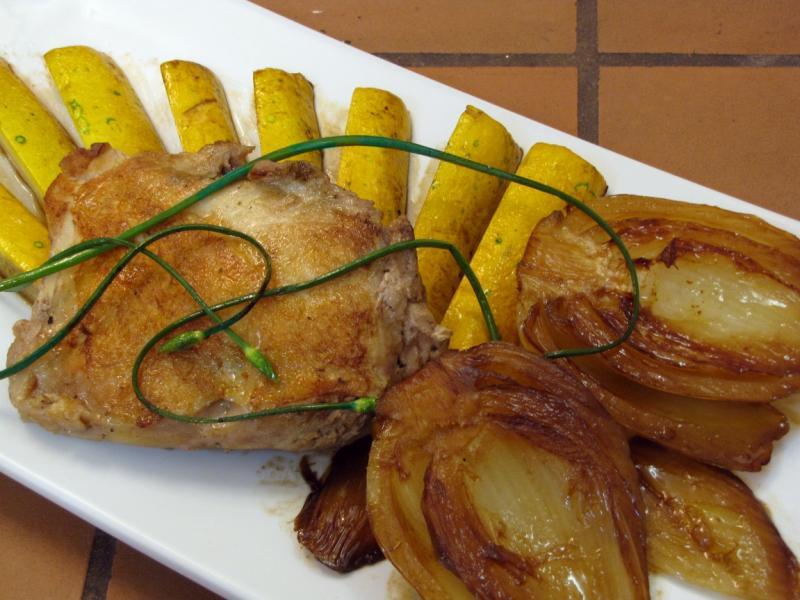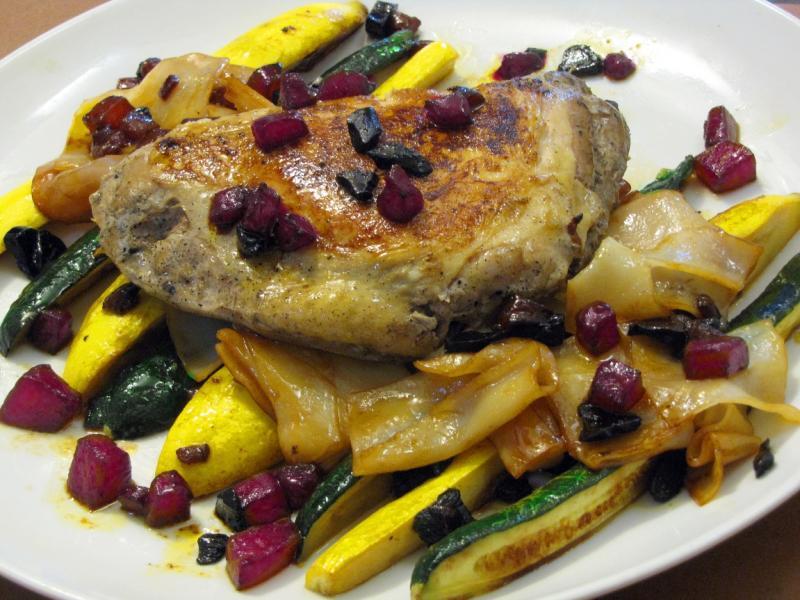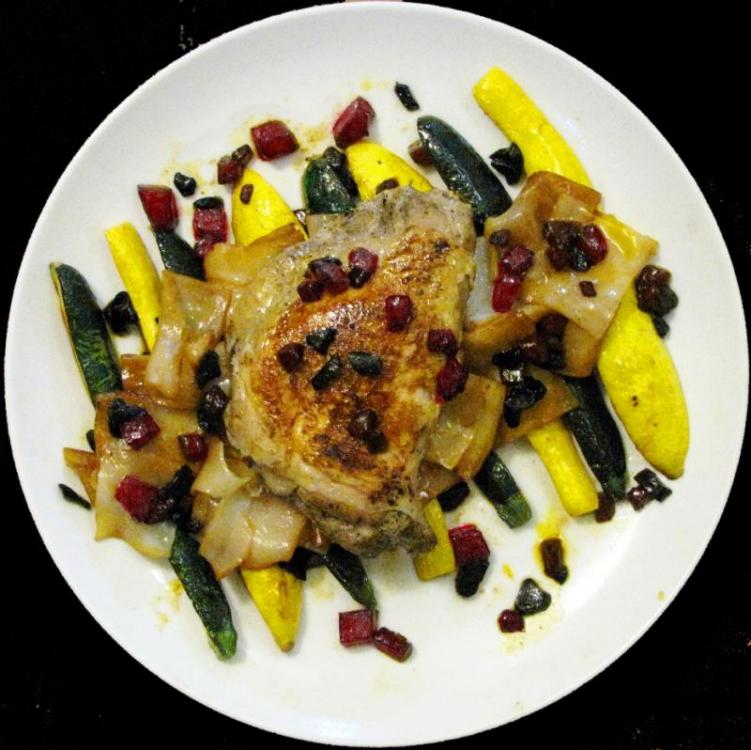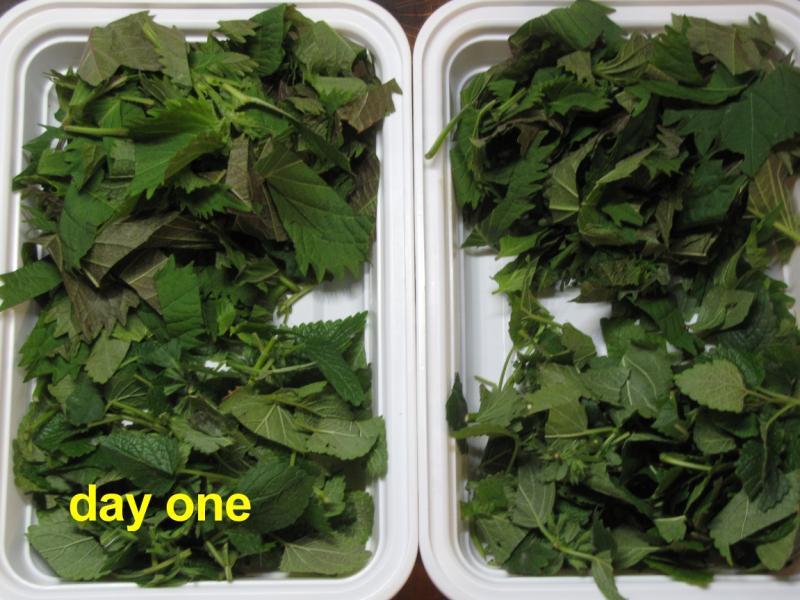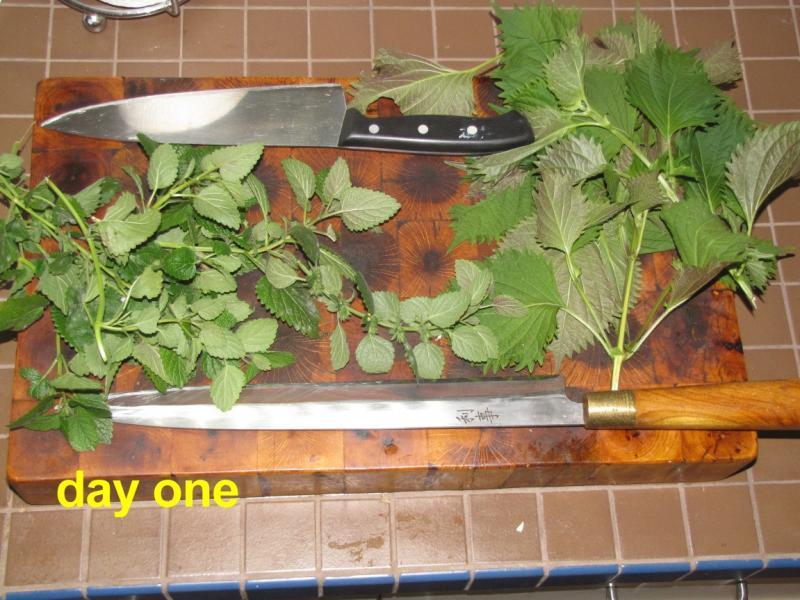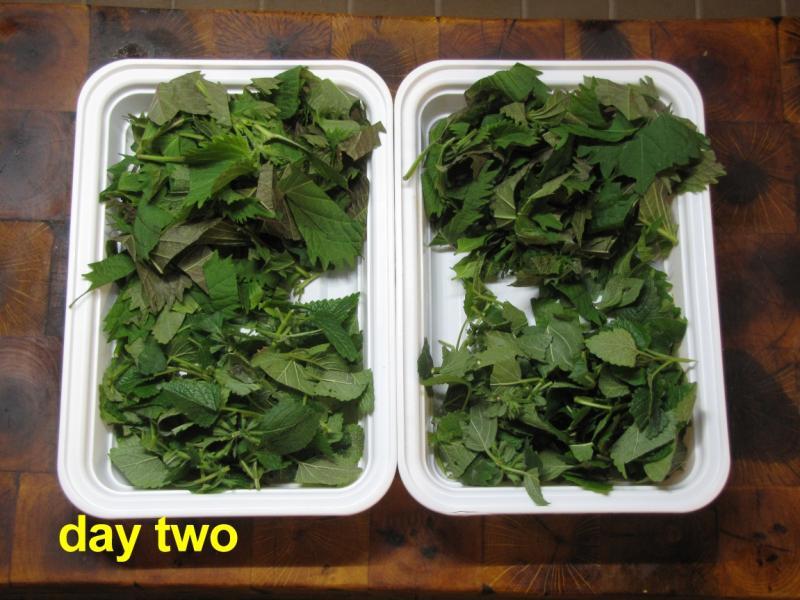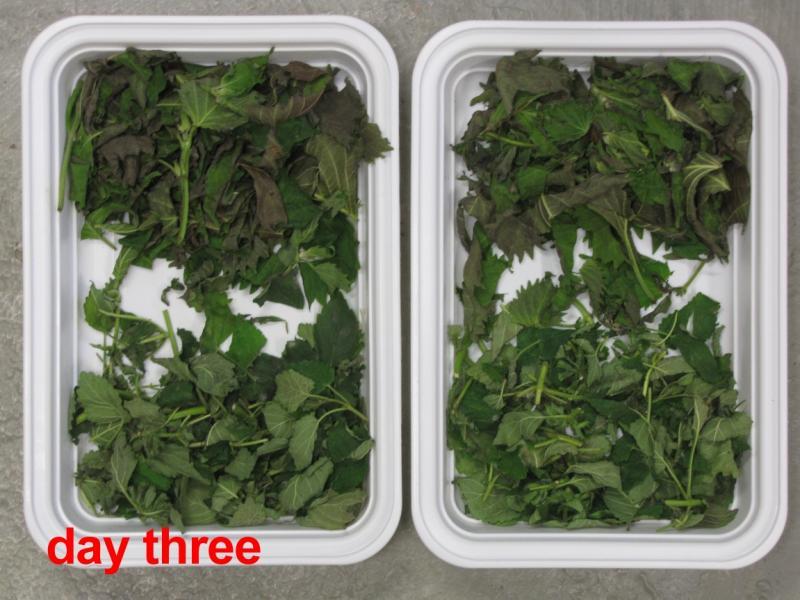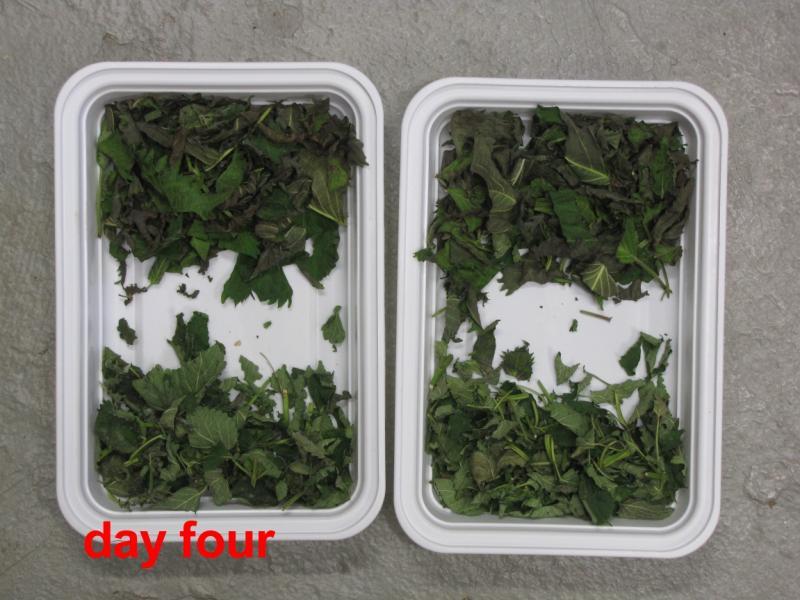-
Posts
4,689 -
Joined
-
Last visited
Content Type
Profiles
Forums
Store
Help Articles
Everything posted by dcarch
-
It's against many states and countries' laws for plant matter transportation. dcarch
-
The making of gyoza is more than for eating. It is very much a family bonding thing. Children really enjoy participation. Everyone will have a hilarious time of all those misshapen ones. dcarch
-
"---Don't find any issue with a lack of circulation.---" With circulation your food will be heated up significantly faster, in addition to much more even in temperature from top to bottom and side to side. By definition, in order for natural convection to work, there has to be a noticeable difference of temperature from top to bottom.. Regarding energy use, heat generated in the cold seasons heats the house, and is not a total waste. dcarch
-
Thanks fro bring this interesting appliance to EG. My comment and questions: 1. I disagree induction is more efficient. Immersion heating is by definition 100% efficient. 2. Without a circulator, how do you achieve even temperature? 3. I am not sure how many cooks are that concerned about energy savings. Interesting and I see this to have many uses in the kitchen. dcarch
-
If you go to Brasserie du Dragon 135-20 39th Ave Flushing, New York I may be able to get you 20% discount, if you give them constructive comments for their "soft opening". dcarch
-
No. Not roasted. The making of black garlic subjects garlic to a high heat process for up to 40 days. At the end, garlic is transformed into something that does not look anything like garlic or taste like garlic. dcarch
-
" ----One of the pleasures I had when I first moved to the greater NYC area back in the 1980's ----" And NYC's disappointing food truck scene. dcarch
-
As I hinted in my previous post, the Inuits seem to have a different biology to handle their special diet. It is also well known that the village of Limone in Italy, the local people have no problems dealing with extremely high levels of cholesterol physiologically. Unless the studies are done with racial differences also included, the science is incomplete. dcarch
-
Sure. There are many versions (variations) , depending on the food. The basic sauce is just black garlic and EVOO blended with a stick blender to creamy consistency. Salt to taste. For salads, I add balsamic. For meats, I add soy sauce. For fish, I add lemon juice, ginger and lemon peel. dcarch
-
That is black garlic sauce. dcarch
-
Once in a while, It is fun and challenging to go meatless. Has nothing to do with the recent IARC report. dcarch
- 494 replies
-
- 12
-

-
Got this from Googling. Wonder would they live to 150 if they eat less meat. dcarchh "Mortality and Lifespan of the Inuit One of the classic counter-arguments that's used to discredit accounts of healthy hunter-gatherers is the fallacy that they were short-lived, and thus did not have time to develop diseases of old age like cancer. While the life expectancy of hunter-gatherers was not as high as ours today, most groups had a significant number of elderly individuals, who sometimes lived to 80 years and beyond. Mortality came mostly from accidents, warfare and infectious disease rather than chronic disease. "
-
First, I like "The Food Lab". A lot of good information there and I have learned a great deal from reading the many articles there. At some point, I realized that there were many unscientific information there. I thought that was unacceptable for a MIT graduate who prides himself as a food scientist. Then I found out he was just an MIT architectural student. Recently, Having read his China travel blog, I have questions about his "scientific observations". He wrote at length about in general the Chinese people have a habit of urinating in public, loud, pushy, impolite. He wrote that the major discovery of "Terracotta Army or the Terracotta Warriors and Horses" was totally boring and uninteresting. Cooking steaks, he wrote: "Fattier steaks also have natural insulation which means they'll take slightly longer to reach the correct internal temperature------------- but the insulating bone helps it stay plenty moist and juicy." It seems to me, based on the shape of steak structure and the way they are cut, neither the bone nor the fat provide any insulation. Do buy the book. I am sure you will find it to be useful. dcarch
-
If you attach a long vinyl tubing to the mouth tube It will make it much easier to use. You will have better control. Almost like an air brush. dcarch
-
No! it is a Venturi atomizer. dcarch
-
Venturi liquid sprayer. dcarch
-
-
If you have the time, try out: Brasserie du Dragon 135-20 39th Ave Flushing, New York (718) 670-7400 Very nice place, Going through what they call "soft opening" to make sure their staff are fully coordinated before announcing grand opening.You will get great service and food being not too busy. Interesting menu. I was there two days ago. dcarch
-
I have been cooking as usual, but have been incredibly busy. Only had time to enjoy all the fantastic meals everyone has been posting. So here are a few recent quickies: dcarch Beef Tenderloin on Roasted pepper Pewter Pan squash, BBQ ribs SV chicken, fennel, squash Chicken thigh, Squash
- 592 replies
-
- 17
-

-
So I got some herbs from my garden, separated them into two groups. I cut one group with a relatively sharp knife, and another with my hair splitting sharp yanagiba. I am not sure i can see any difference after four days. dcarch
-
I am not sure the technical reasons for doing this: " is made with five layers of metal that deliver exceptionally even heating and precise temperature control. Three layers of aluminum spread the heat evenly across the entire pan, and two stainless steel layers provide a stunning and durable surface that is dishwasher safe and induction capable. " That means three layers of aluminum are bound together. Why binding aluminum to aluminum? dcarch BTW, my car has 14 cup holders. :-)



